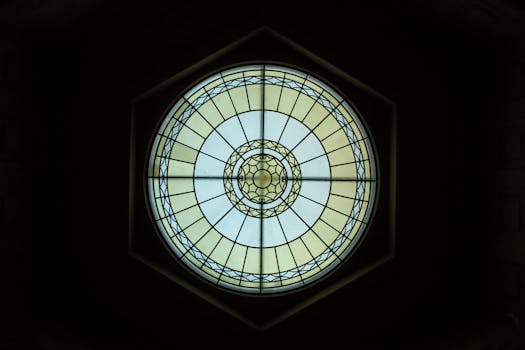
Traveling Through Time: How Europe’s Historical Heritage Shapes Modern Lifestyles in 2025
Traveling Through Time: How Europe’s Historical Heritage Shapes Modern Lifestyles in 2025. Europe, a continent steeped in history and culture, has a profound impact on modern lifestyles. From the ancient ruins of Greece and Rome to the medieval castles of England and France, Europe’s historical heritage is a treasure trove of knowledge, inspiration, and beauty. In this article, we will explore how Europe’s historical heritage continues to shape modern lifestyles in 2025, and what this means for travelers, locals, and the world at large.
Architecture and Urban Planning
Europe’s historical heritage is perhaps most visible in its architecture and urban planning. From the grandeur of Renaissance-era cities like Florence and Venice to the modernist masterpieces of Barcelona and Berlin, Europe’s cities are a testament to the power of human creativity and ingenuity. Many of Europe’s cities have preserved their historical centers, with narrow streets, grand piazzas, and iconic landmarks like the Eiffel Tower and Big Ben. These areas are not only popular tourist destinations but also thriving hubs of modern life, with trendy bars, restaurants, and boutiques.
Art and Culture
Europe’s historical heritage is also deeply rooted in its art and culture. From the masterpieces of the Renaissance to the avant-garde movements of the 20th century, European art has had a profound impact on modern culture. Museums like the Louvre, the Uffizi, and the Prado are world-renowned for their collections of European art, and festivals like the Venice Biennale and the Berlinale celebrate the latest developments in contemporary art. Europe’s cultural heritage is also reflected in its music, literature, and cinema, with world-class orchestras, writers, and filmmakers contributing to the continent’s rich cultural landscape.
Cuisine and Wine
Europe’s historical heritage is also deliciously evident in its cuisine and wine. From the hearty stews and breads of medieval Europe to the sophisticated haute cuisine of modern France, European food is a reflection of the continent’s diverse cultural and geographical heritage. Wine, in particular, has played a significant role in European culture, with regions like Bordeaux, Tuscany, and Rioja producing some of the world’s finest wines. Today, European cuisine is a fusion of traditional and modern flavors, with chefs like Jamie Oliver and Gordon Ramsay promoting the use of local, seasonal ingredients and innovative cooking techniques.
Modern Lifestyles
So, how does Europe’s historical heritage shape modern lifestyles in 2025? For one, it provides a sense of continuity and connection to the past, which is essential for building strong, resilient communities. Europe’s historical heritage also inspires creativity, innovation, and progress, as people draw on the continent’s rich cultural and intellectual legacy to build a better future. Furthermore, Europe’s historical heritage is a major driver of tourism, with millions of visitors flocking to the continent each year to experience its unique cultural, artistic, and culinary offerings.





